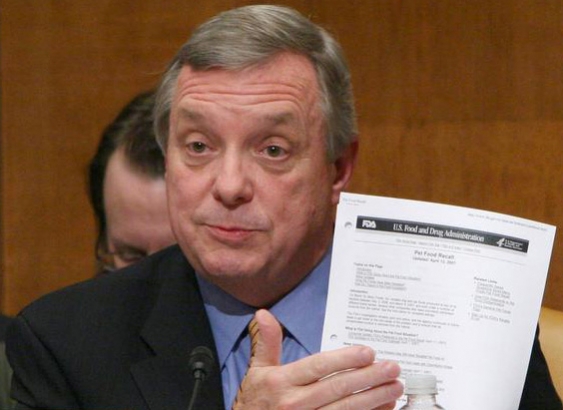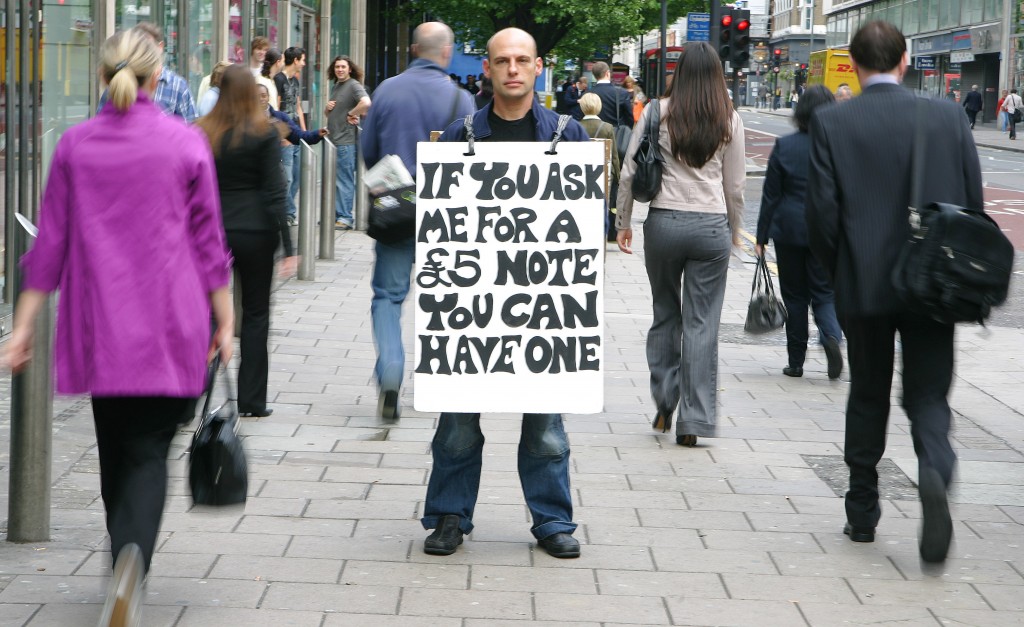Take a vacation. You earned it!
You need to get away. You also need to spend less than you earn and invest the difference, but Carnival Cruise Lines doesn’t stop at the Port of Personal Responsibility. Nor are there daiquiris.
Yes, everyone needs to get away once in a while. Or spend on something beyond the basics. Money is meant to be enjoyed, at least some of it. But what a lot of people forget is that there’s still a window you have to operate in, contingent on your net worth and cash flow. This is not opinion. Concentrating on the result (your senses experiencing something pleasant) without paying attention to the effort rendered to achieve it (a commitment of your money) is insane. Rich people pay attention. It’s not why they’re rich, but it’s a leading indicator.
Rich people don’t want to commit a lot of their money, either – relative to what they have. No one in the top quintile of net worth is going to spend 3% of that net worth on an extravagance. People in the lower quintiles do it all the freaking time. That’s why they’re there, and the rich are where they are.
Here’s another way to cloud reality: justify an indefensible expense as being “for your kids”. For instance, “We’re taking our kids to Disneyland.” Congratulations, you painted yourself into a virtuous corner. Now, if you don’t take your kids to The Happiest Place On Earth, failing to do so would make you a parent who doesn’t love her (you’re probably a woman) child enough. Other people do it, why not you?
Number 1, screw other people. Number 2, what are you working for? If you have to choose between a smile on Junior’s face today and not having to move in with him 45 years from now, what are you going to pick? If you refuse to answer that question, or say “the smile”, you should find a less demanding blog. Here are four of them.
Here’s another handy phrase you can use to explain away your inability (REFUSAL) to build wealth:
“(Name of your indulgence) (present tense of positive verb) me.”
For instance, “My BMW 7-Series excites me. It makes me feel good.” The rest of my life sucks, my job is torture, but these 544 horses know how to snap me out of my funk.
Good for you. They’re probably also impoverishing you, if that’s the kind of thing that concerns you. Maybe it doesn’t, and if so then why are you reading this site?
Every time we say something heretical like that we have to spend undue time explaining it, because some readers aren’t that bright. Maybe reading the explanation will make them smarter. Here goes:
We’re not saying you shouldn’t buy a luxury car. Or a trip to Disneyland. Or whatever it is you want to buy. The only thing you should do is know your place. Michael Jordan gets to squander $300,000 in one night in the high-roller salon at Caesars Palace. You don’t. Why? Because he’s Michael freaking Jordan, that’s why. Alright, maybe that’s still not clear. Because he has a net worth somewhere in the 9-digit range. There, is that better? Gambling is still stupid, and indeed Jordan was dumb enough to lose half his fortune in what was simultaneously one of the most sadistic and masochistic divorce settlements in human history, but he can still withstand the losses. You can’t.
Your neighbor bought a boat, you say? Good for him! Did you see the bill of sale? How about the financing agreement?
Doesn’t matter. I want a boat I want a boat I want a boat.
Well, you’re also getting knowledge, whether you want it or not. You can pay $30,000 for a standard deck boat. Most people don’t have that kind of cash lying around. But if they do, and are also the kind of people who fancy themselves mariners, they’re probably not going to buy a $30,000 Tahoe. They’re going to buy a $140,000 boat and spend the next however many years paying interest on it.
“However many” doesn’t mean 3 or 4, either. It means 5, 8, 10, “or even 12 is not unusual.”
Not to focus on boats, that’s just one example. Swimming pools, jewelry, even (relatively inexpensive) expensive clothes. If you can find a merchant who’ll sell it to you on credit, and it’s not a necessity (and thus, by definition, a luxury), it’s not that you can’t afford it. You can’t, that’s not the point. The point is that you’re committing tens, hundreds, thousands, or tens of thousands of future dollars to whatever item it is you just can’t say no to, beyond its listed price. This is so simple that observing it hardly counts as conscious thought, but you know that credit card bill that you pay the minimum balance on every month? The one that’s going to take you 17 years to pay off at your current pace? It’s not just a uniform morass of cash. It’s that 99¢ iTunes download, now $1.78 with interest. It’s that $5 Quizno’s sub you didn’t think anything of at the time because, you know, $5. Even though it’s ultimately costing you $8.69. Some people justify the big purchases (see above), but no one even bothers to justify the everyday ones that make up the bulk of your total spending.
We’re not going to say that building wealth is the easiest thing in the world, but it’s far less complicated than many people make it out to be. If you can’t get ahead, look within first. Not to quote ourselves, but are you buying liabilities? Selling assets? Assuming that your opposite number in any transaction has your best interests at heart? Not putting the math you learned in the 4th grade to use?
If you’re struggling, you can get out. Easier and with less pain than you think. But you’ve got to want it. If you don’t, that’s fine, but you’re probably going to hate it here. In the meantime, buy our book and get started. Don’t say we never do anything for you.





